Anxiety Disorder in Children
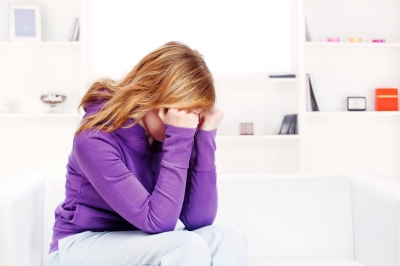
Anxiety In Children
All children experience some feelings of anxiety and stress. These feelings are usually temporary and the child doesn’t suffer any lasting ramifications from them. But today, one out of eight children suffers from chronic child anxiety disorder and need help to deal with those feelings.
Growing up in today’s world is full of stress. There’s so much more to learn in school, media stories about violence against children, competition to get into prestigious colleges, find a job and “fit in.” Children need to develop skills early on to help them cope with life’s pitfalls and hurdles. I do believe it harder to be a kid and a teen in the world today than it was when I was growing up, and I had a tough time 30 years ago.
When you have kids that already have another disorder like Autism or ADHD, the chances of them also having something like anxiety disorder are just that much greater. Something in their brain doesn’t process information the same way in the first place, so stress (anxiety) can often trigger worse reactions than in a typical kid.
Signs of Anxiety Disorder
Your child may have an anxiety disorder if they manifest some of the following behavior patterns:
· Headaches and other aches and pains that make them want to miss school or skip events where they might need to interact with others.
· Rapid heartbeats that cause the child to panic.
· Frequent stomachaches and vomiting.
· Worries about everything.
· Frequent temper tantrums.
There are many other ways that your child might show symptoms of stress and anxiety, but know that any pattern of behavior that becomes problematic needs to be examined and addressed. The best way to accomplish that is to have the child diagnosed by your health care provider.
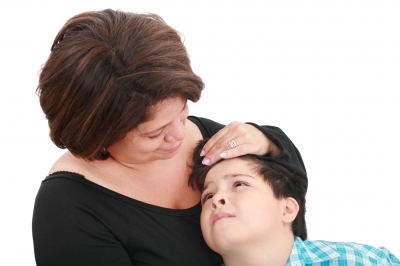
Treatment for Anxiety
The good news is that child anxiety disorders can be managed. Children can learn skills to face fears and calm themselves if they panic or have feelings of anxiety. In severe cases, there is medication to help children get over stress and anxiety. Parents can be the ultimate way that children learn coping skills by being good role models in the home.
Talk to your child and reassure them that everyone suffers from anxiety and panic at certain times and that anxiety itself won’t harm him in any way, even though it feels horrible when it’s happening. Help your child learn and practice coping skills that will help next time a situation threatens to bring on a panic or anxiety attack.
Anxiety Disguised
Sometimes a child anxiety disorder may not manifest itself in disruptive behavior. Often a child can be obedient and quiet and the disorder may not catch the attention of teachers or even parents. Anxiety that’s never detected may cause other problems such as depression and panic attacks when the child reaches adulthood. My mother showed many of these symptoms which later manifested in violent and emotional outbursts. Things are much better controlled now with her diagnosis (in her 60s) and medications.
If you notice any change in your child’s behavior or if he or she becomes withdrawn or displays any of the other symptoms we discussed, seek a diagnosis. Chances are you can treat the child by helping them face their fears and develop self-esteem that will help them now – and throughout their lives.
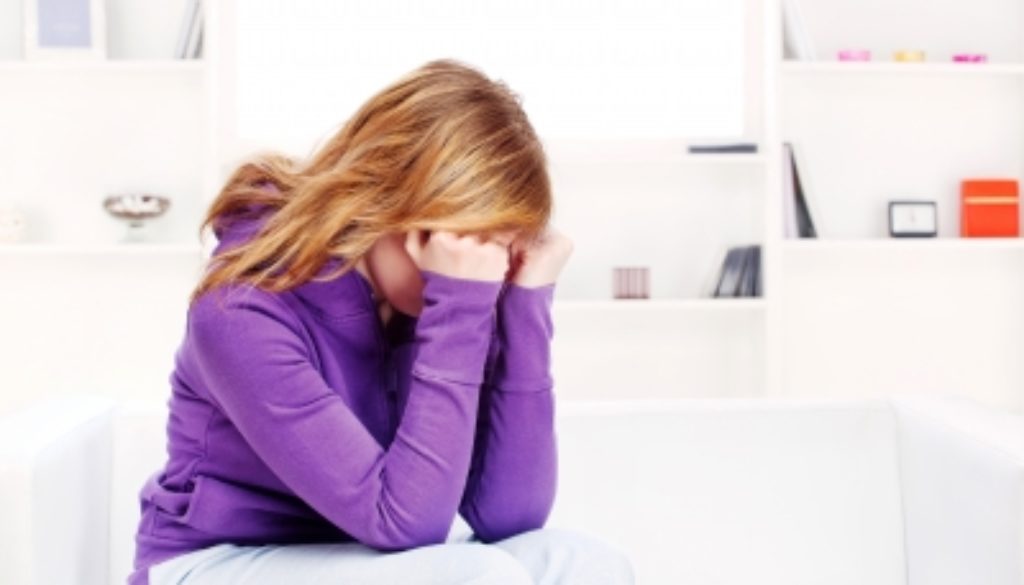
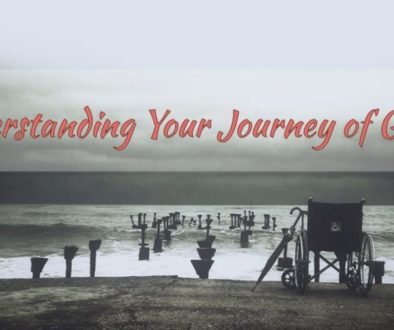
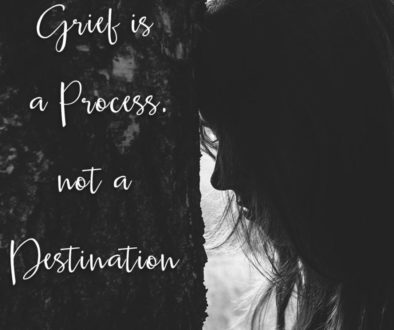
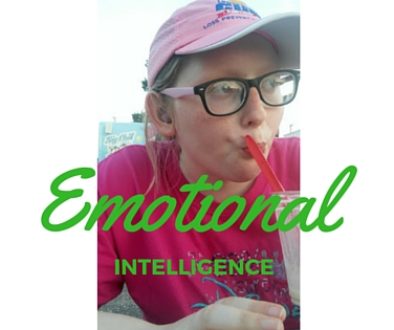
Amber NElson
07/28/2014 @ 10:22 PM
What a horrible thing for a child to have. Good thing there is help out there.
Amber NElson recently posted…5 Tips on Soothing a Teething Child
Allison
07/28/2014 @ 10:12 PM
Thank you for this post. I worry about one of my boys and anxiety.
Jenn
07/28/2014 @ 9:43 PM
kathy, you are SO right! My mother was so very unhappy and couldn’t cope with the world or the people in – which made us not like to be around her. She got diagnosed at 60 and is much better and happier too!
Jenn
07/28/2014 @ 9:42 PM
Salma, your daughter’s issues might be sensory related. It could be too loud, to visually stimulating or to smelly. You might not think so, but for those who have sensory processing disorder, everything is amplified.
Or, it could be social anxiety. Keep soothing her and help her name the issues the I just described in order to help her identify what is bothering her.
Jenn
07/28/2014 @ 9:40 PM
Kimberly, your grandson might very well be displaying behavioral issues due to anxiety. Often it doesn’t look like “anything” but it it. We’ve gone through this with my youngest daughter.
Jenn
07/28/2014 @ 9:39 PM
Bonnie, you are so lucky that your family hasn’t dealt with it yet. My mother didn’t get diagnosed with anxiety disorder til she was 60. She’s been told she has all kinds of other “issues” that are mostly all in her head for all those years. But with some understanding, and the right drugs, she’s very much a new person!
Bonnie Gean
07/28/2014 @ 3:03 PM
How sad I feel for the children of today’s world. Nothing is as simple as it seems. Anxiety has many faces and my heart hurts for children who suffer with it.
My family has never suffered through anything of this nature so I can’t really give input that would make a difference, but I commend the parents who deal with this issue every day and stare in awe on how well they pull through.
Bonnie Gean recently posted…Should I Grab Another NutriBullet or Buy the Vitamix 7500?
Kimberley Wiggins
07/28/2014 @ 2:32 PM
Wow, its amazing to think of a little person have anxiety and stress but little people are people too. This is a great article. My grandson suffers with some behavior issues in school and we are trying to figure out what is manifesting this because he is only 6 and his communication is not really great. This gives me something else to explore. Thanks
Kimberley Wiggins recently posted…What Makes Me So Quirky?
Salma
07/28/2014 @ 2:27 PM
My youngest is 3 years old and I sometimes wonder about her anxiety because if she goes into a room with a bunch of people she doesn’t know, she gets really stressed out and starts crying. She doesn’t exhibit any of the signs that you mentioned about but I will definitely be watching for signs.
Salma recently posted…5 Mom Summer Essentials for Your Purse
Kathy Widenhouse
07/28/2014 @ 1:26 PM
What an excellent post! It’s so important to help children identify their anxieties and give them healthy ways to manage their fears. Not only will doing so help the child now, but it will set him up to continue practicing healthy approaches to stress throughout the teen years and into adulthood.